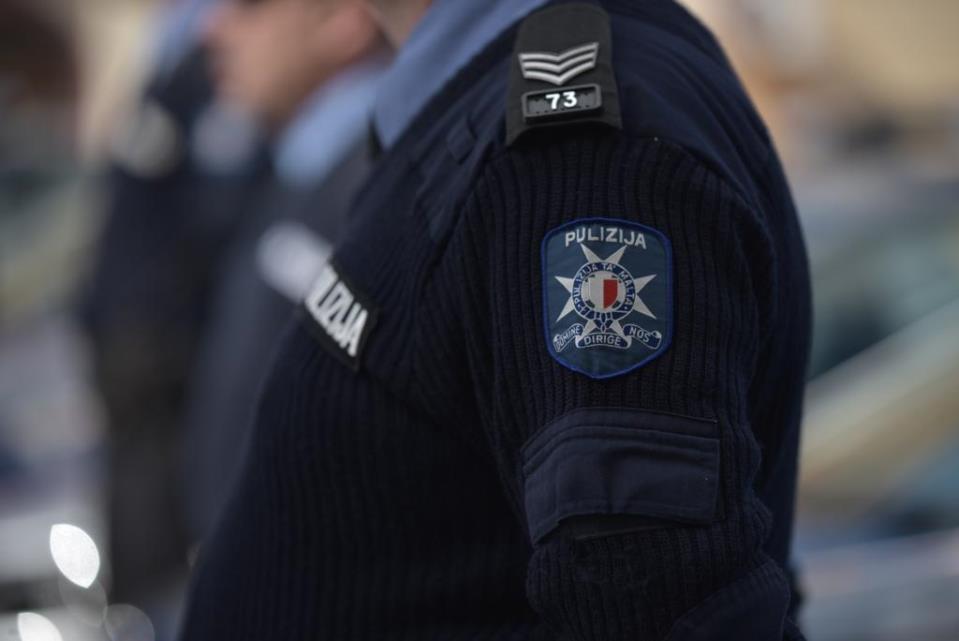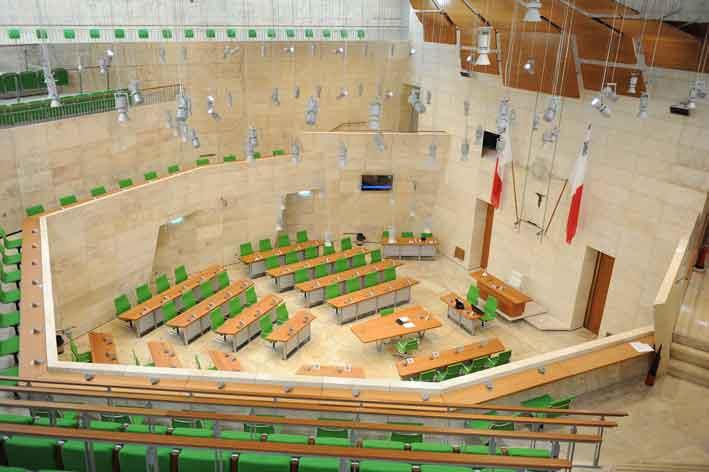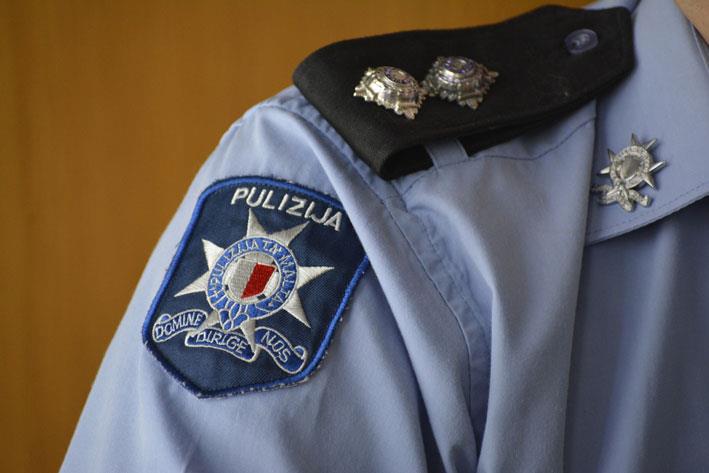The process to appoint a new Commissioner of Police risks turning into a farce, with groups backing the different candidates working hard to discredit their opponents and some of them facing claims of attending university lectures during work hours.
14 people have applied for the police top job, in a process that promises more public scrutiny than ever before. But while the concept of the new way of appointing police chiefs seems positive, it could also lead to embarrassment for the candidates and has already triggered a wave of backstabbing and vendettas by different factions.
This newsroom has received several anonymous letters written by people claiming to be serving police officers, and which are full of allegations against some of those who have applied. The claims range from alleged closeness to criminals to regular visits at strip clubs and other dubious pastimes.
This newspaper is, for the time being, choosing not to publish these claims since they cannot be immediately verified and because there is a risk that some of the claims may have been invented.
Within the police force, there is also talk that the requirements drawn up by the Public Service Commission – which will shortlist two candidates for the Prime Minister – were “tailor made” for one particular candidate.

On Friday, it was reported that a number of police officers had been attending law course lectures during work hours. Sources pointed out that these include a number of the individuals who applied for the post of police commissioner.
A report on the matter has found its way to the Police Internal Affairs Unit, the sources said, adding that it is unclear whether the unit will probe the claims.
Some of the candidates are no longer active members of the force but sources said that they had sat for their course at a time when they well still in the service.
A source explained that, up until 2001, police officers were allowed to study during their work hours, but the policy was later scrapped.

Airing dirty laundry in public
One source said that, should any of these candidates be shortlisted and end up before Parliament’s Public Appointments Committee, the fact that their actions are under review by the Internal Affairs Unit would certainly surface.
Similarly, any allegations of wrongdoing, including those mentioned in the letters received by newsrooms and politicians will also be raised during the Parliamentary committee hearings.
“The entire process risks being turned into a circus,” another source said, adding that people who are applying for such a sensitive post could suffer reputational damage over unfounded claims.
One of the applicants, lawyer and former inspector Mary Muscat, had warned about such a situation when interviewed on Indepth earlier this year. The interview was carried out before she announced her intention to apply for the post.
A controversial application
The application process took another hit on Friday when it emerged that disgraced former Assistant Police Commissioner Mario Tonna was among the 14 who applied. Tonna had resigned in the wake of domestic violence allegations and a case where he was accused of being involved in a Sliema hit-and-run incident.
He had previously received a conditional discharge for harassing a superior officer. The domestic violence case was dropped after Tonna’s partner refused to testify and the officer was also acquitted of the drink-driving charge over a lack of evidence, but his decision to apply was met with surprise nonetheless.
“It is good that the candidates will be scrutinised by the Public Service Commission and Parliament, but this level of scrutiny should have been introduced right from the start of the process. Certain candidates should not have even been allowed to apply,” one source said.

The applicants
The 14 applicants are: lawyer and former police inspector Mary Muscat, lawyer and retired police inspector Herman Mula, Immigration Section Inspector Frankie Sammut, former POU-GWU president and founder Sandro Camilleri, Assistant Police Commissioner Alexandra Mamo, Malta Police Force CEO Angelo Gafa, Hamrun District Inspector Robert Vella, Sliema District Inspector Jonathan Ransley, Vice Squad Inspector Joseph Busuttil, former police officer Emanuel Cassar, former assistant commissioner Mario Tonna, former superintendent Ray Zammit, former AFM officer and maritime consultant Reuben Lanfranco and marketing man and banker Leo Busuttil.
The new method of appointing police commissioners was approved by Parliament earlier this year. The vacancy arose after the resignation of Lawrence Cutajar, who stepped down after months of protests by civil society over the force’s handling of the Daphne Caruana Galizia assassination and lack of action in other political scandals.
Cutajar was replaced by acting commissioner Carmelo Magri, who will be resigning later on this year after serving for 35 years.